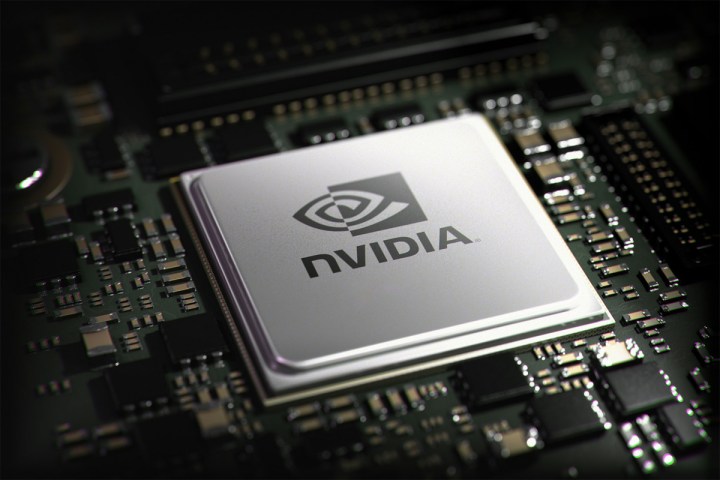
The reveal of Nvidia’s Titan V graphics card sent shockwaves through the PC industry thanks to its impressive specs. The company confirmed at that time that it would only support the 64-bit versions of Windows 10 and Windows 7, with Windows 8.1 not receiving official support, according to a report from Hexus.
The Titan V does offer support for Linux users on 32-bit systems via an official Nvidia driver. This will not be the case going forward, as the companywide decision to discontinue support for 32-bit hardware apparently includes both Linux and FreeBSD.
“Later driver release versions will not operate, nor install, on 32-bit operating systems,” read Nvidia’s statement on the decision. “Driver enhancements, driver optimizations, and operating system features in driver versions after Release 390 will not be incorporated back into Release 390 or earlier versions.”
The company doesn’t plan to leave users with 32-bit systems out in the cold entirely. Critical driver security patches are set to continue until January 2019.
This makes for something of a sea change for Nvidia, as the company has previously followed Microsoft’s lead in terms of the operating systems that its GPUs would support. Microsoft plans to continue to support the 32-bit versions of Windows 7 and Windows 8.1 until 2020 and 2023, respectively, and is set to support the 32-bit version of Windows 10 indefinitely.
On the other hand, it’s perhaps unsurprising to see Nvidia choose to discontinue support at this time. People will continue to utilize 32-bit architecture until they have a reason not to, so a major GPU manufacturer ending compatibility might hurry a complete transition toward 64-bit hardware.
In effect, this isn’t too much of a departure from a situation like Apple’s decision to render certain older pieces of hardware obsolete. It’s a matter of available resources, and cutting down on the amount of different variations of hardware that need to be supported can save time and effort.



